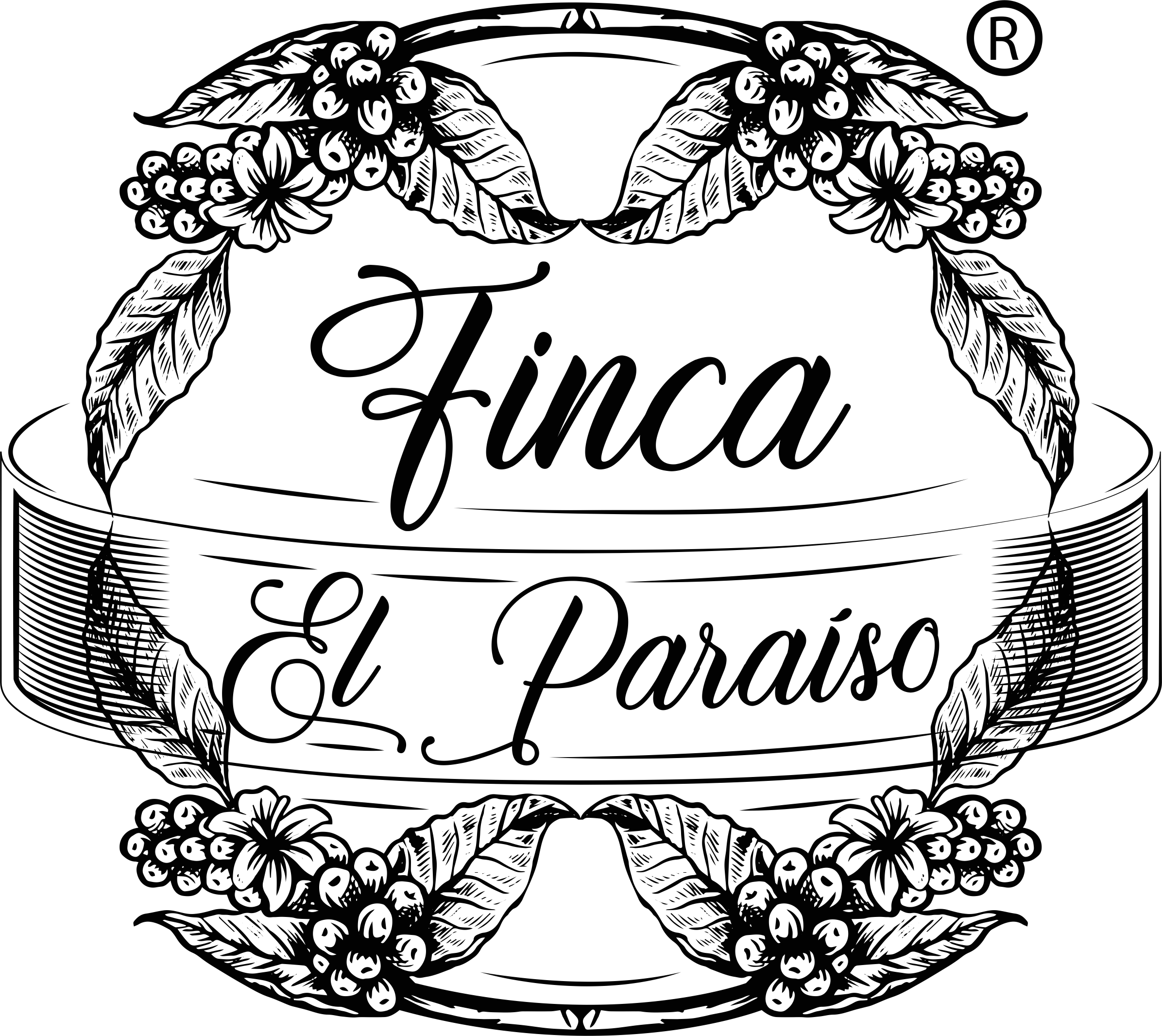Finca el Paraíso
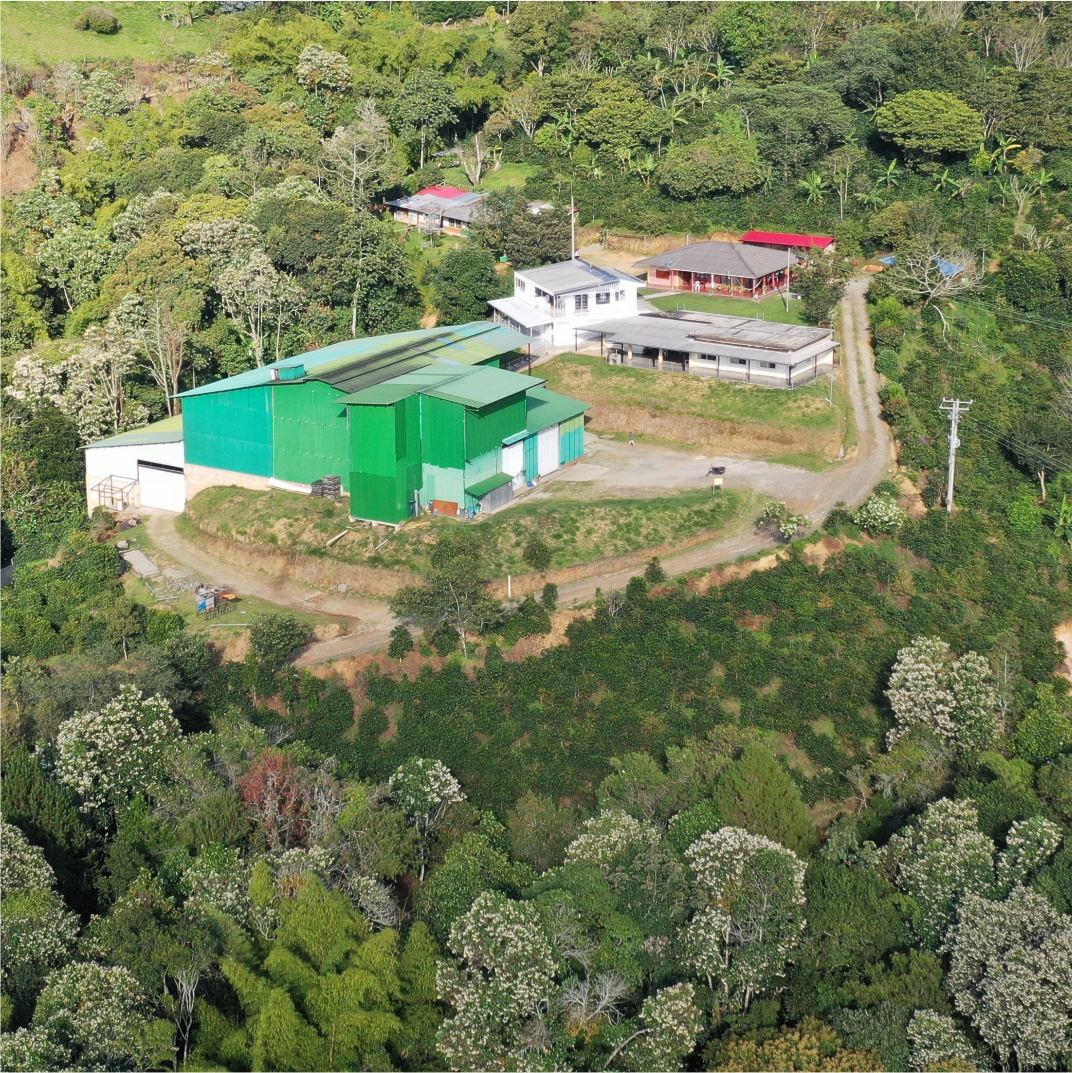
Location
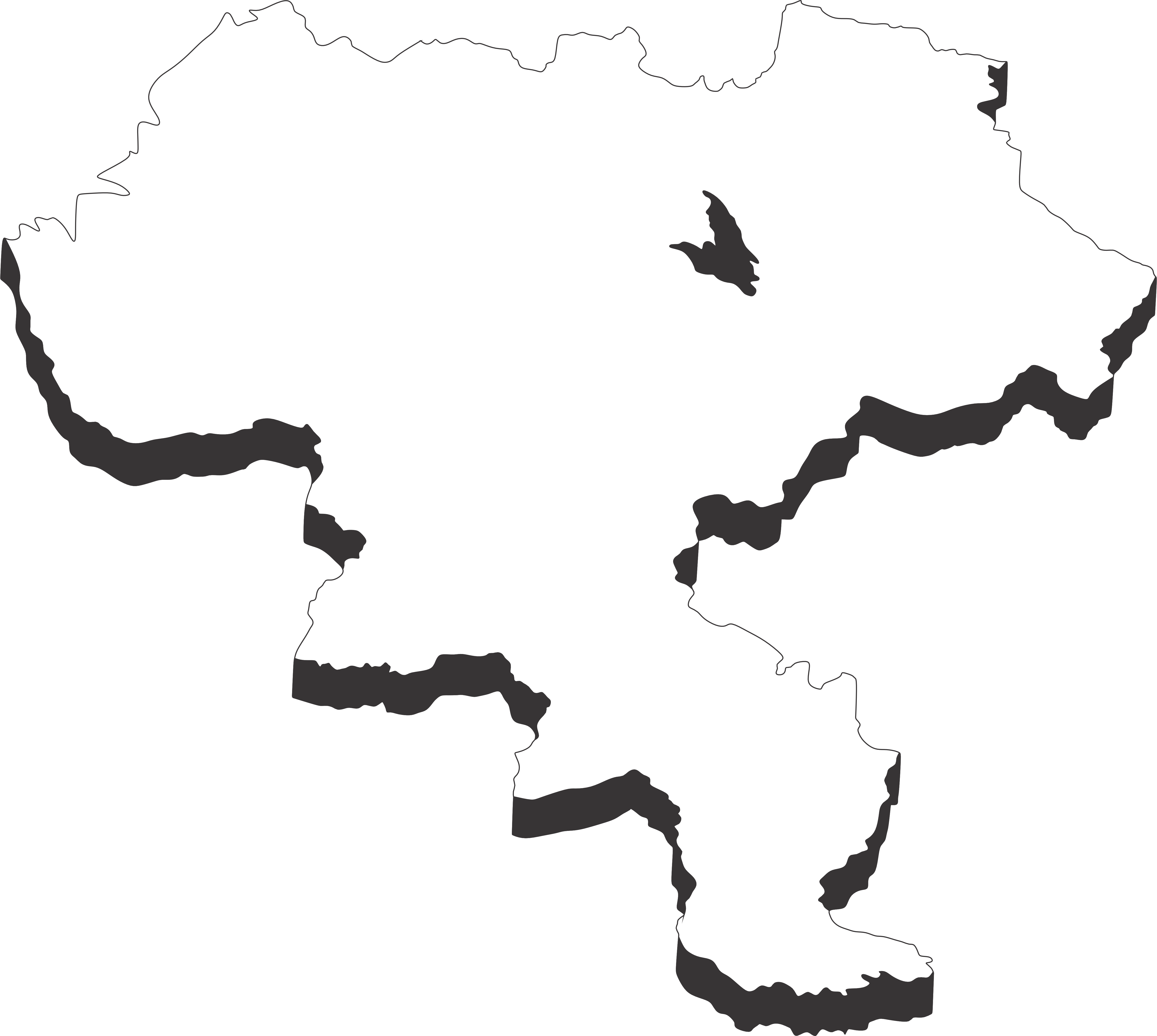
Altitude
1780 MASL
Varieties
- Pacamara
- Tipica
- Geisha
Cultivation
Semi Shade
Area
1.7 Hectares
Number of Trees
7000
Soil Type
Clay loam, rich in organic matter
Agronomic Management
Biological and Organic
Protected Forest
3%

Coffee Growing
In specialty coffee cultivation, applying modern agricultural practices, such as precision farming, soil analysis, and climate monitoring, allows farmers to maximize the potential of each variety. Whether it's a Bourbon growing at high altitude or a Castillo thriving in specific regions, understanding the unique needs of each cultivar is key to unlocking complex flavors. Technology also enhances post-harvest processes, such as fermentation and drying, where controlled environments and data-driven decisions ensure consistency and preserve quality. In Colombia, where terroir plays a crucial role, this integration of innovation and expertise helps producers meet the demanding standards of the specialty market and elevate Colombian coffee on the global stage.
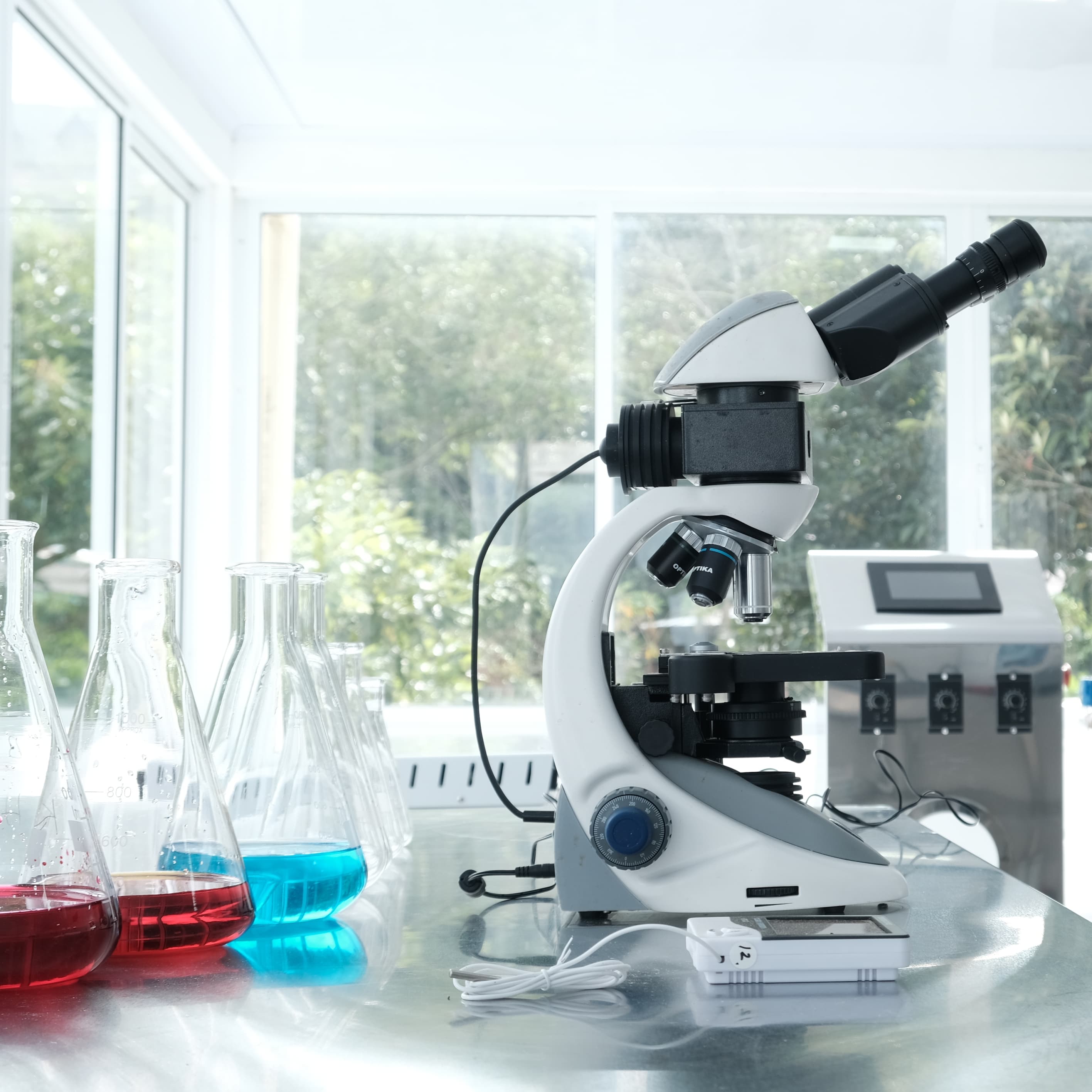
Microbiology Lab
That microbiology is becoming an essential tool for advancing coffee quality, especially in a country like Colombia, where diverse microclimates and coffee varieties offer endless potential. Microorganisms play a key role in fermentation processes, influencing the sensory characteristics that define a high-quality cup. By applying microbiological research, producers can better understand and control the behavior of yeasts and bacteria during fermentation, leading to greater consistency, cleaner profiles, and the ability to highlight unique flavor notes specific to Colombian terroirs. Additionally, microbiology helps reduce the risk of defects, improve shelf life, and unlock innovative processing techniques that add value to the final product.
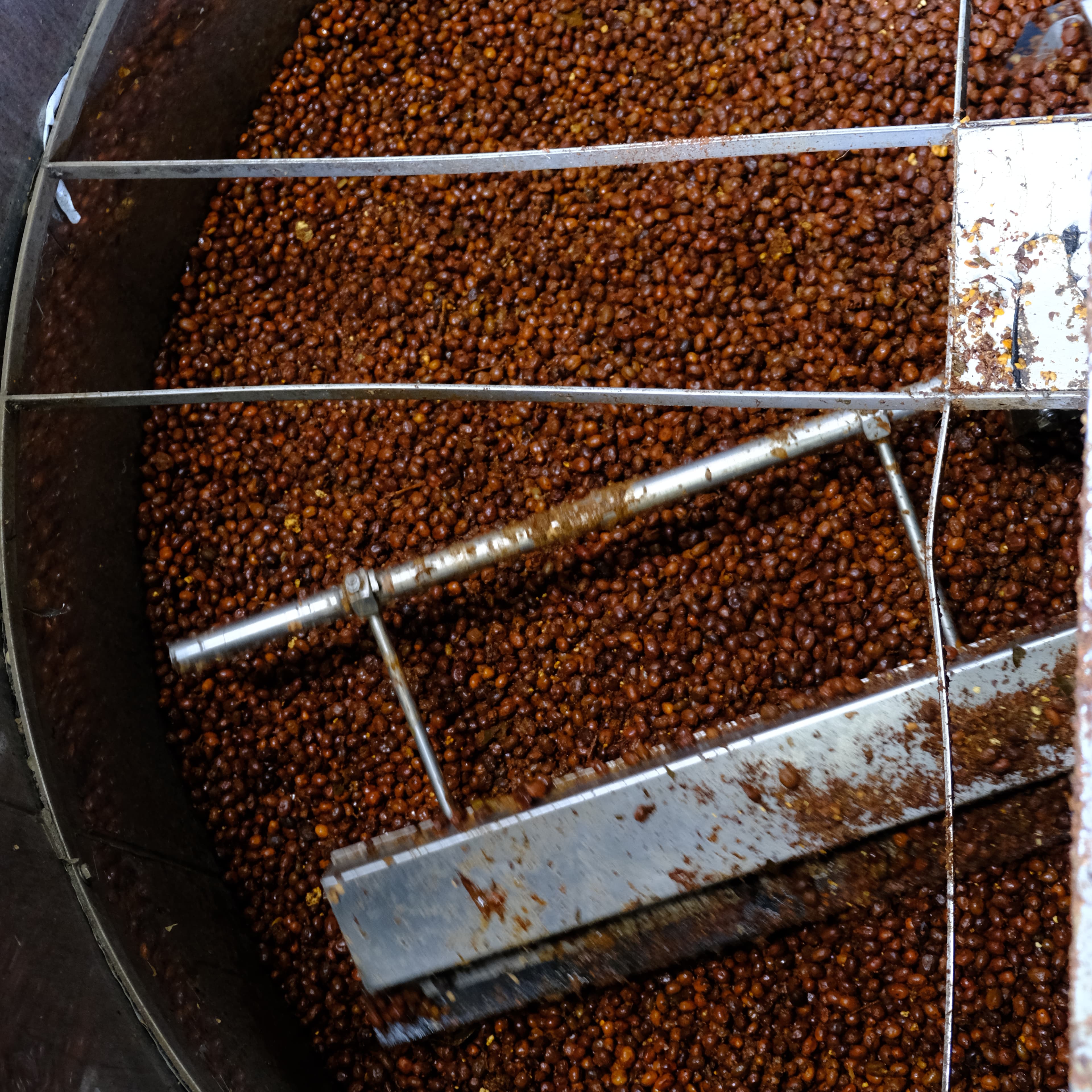
Wet Processing
The wet process, which involves removing the coffee cherry’s outer layers before fermentation, significantly affects the final flavor profile. Advanced technology, such as automated fermentation tanks, precision water control systems, and temperature regulation tools, ensures consistency and precision during this delicate stage. These innovations allow producers to control variables like fermentation time and temperature, leading to a more consistent and desirable cup. By embracing technology in the wet process, we can consistently meet the rigorous quality standards expected in specialty coffee, resulting in a product that highlights the unique flavors of each coffee variety.
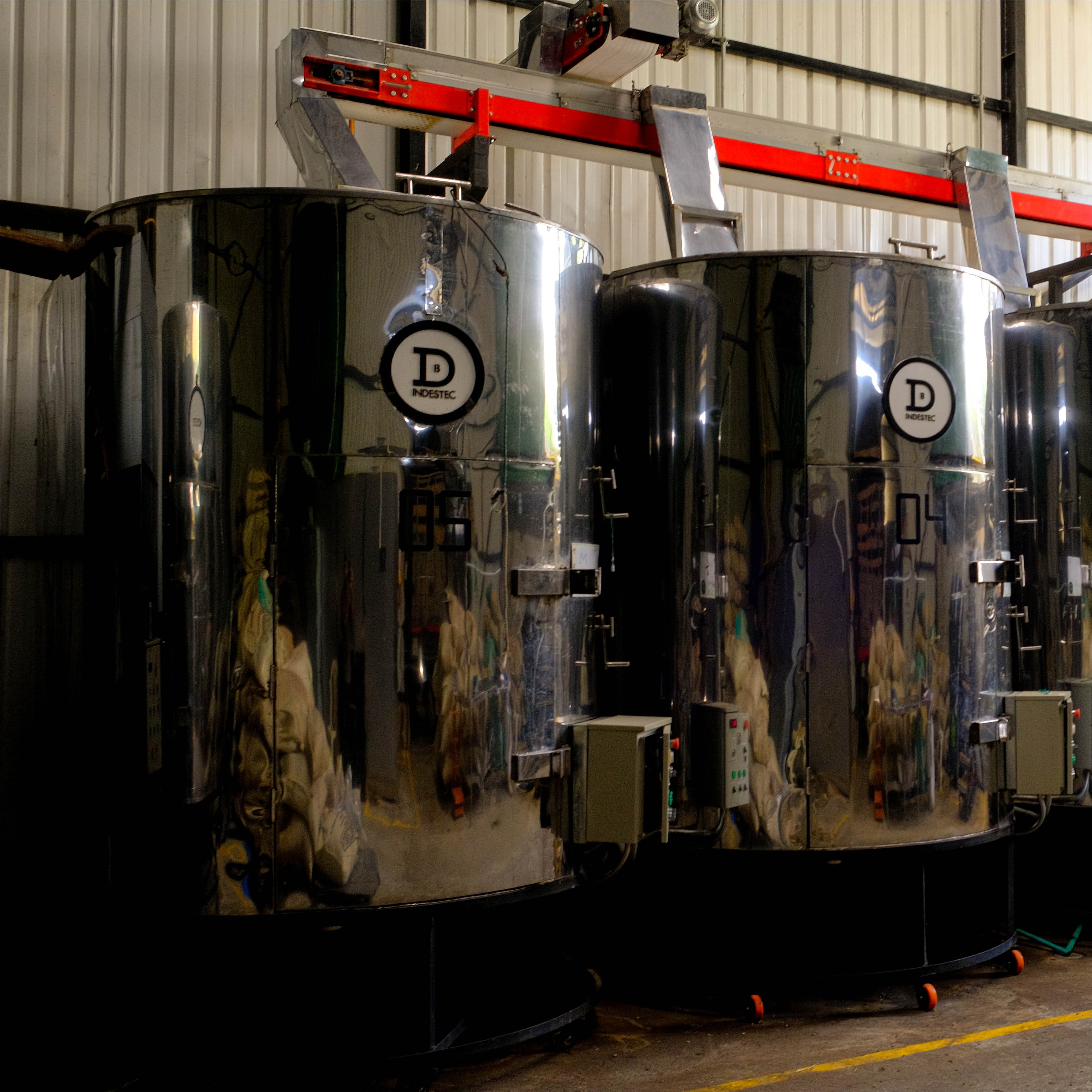
Drying
Proper drying is essential to preserve the unique flavors and aromas that define specialty coffee.Advanced drying technologies, such as controlled mechanical dryers and precise humidity monitoring systems, allow us to manage variables like temperature and airflow with accuracy. This level of control reduces the risks of defects such as mold or over-fermentation, ensuring that the coffee maintains its complexity and cup quality. In specialty coffee, consistency is key, and modern drying techniques help us guarantee that every lot meets the expectations of roasters and discerning coffee drinkers worldwide.
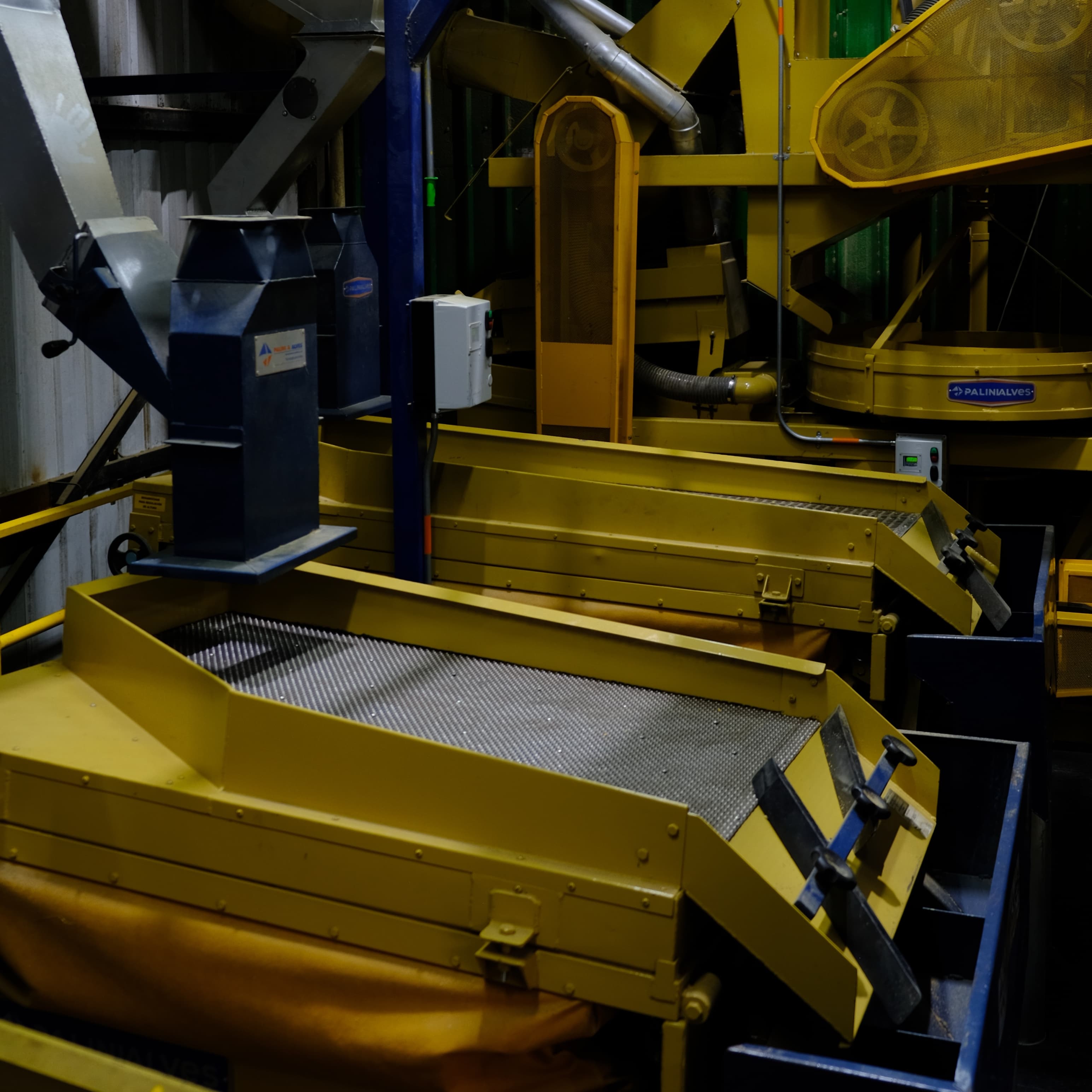
Coffee Huller
The technology in the automatic selection of coffee beans is transforming the way we guarantee quality. Advanced sorting machines, equipped with optical and density sensors, allow us to precisely remove defective beans and ensure only the best are selected for the specialty market. This level of precision enhances consistency and preserves the integrity of unique flavor profiles.Equally important is the hulling process, or trilla, a critical stage where the parchment layer is removed to reveal the green bean. Proper hulling minimizes physical damage to the coffee and preserves bean uniformity, which is essential for optimal roasting and cup quality. In specialty coffee production, both automated selection and meticulous hulling are key to maintaining the high standards that define exceptional coffees
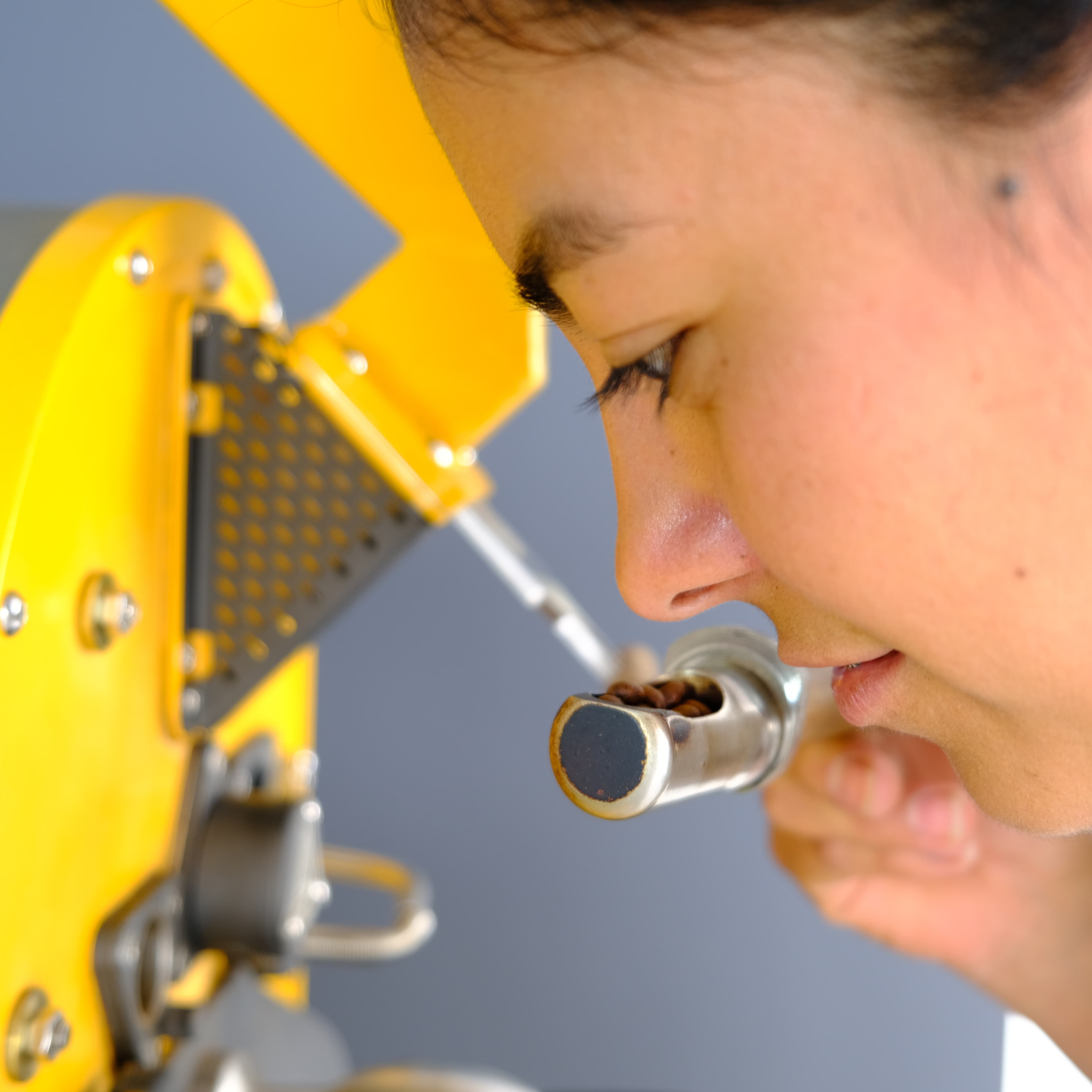
Sensorial Lab
A well-equipped sensory laboratory allows us to systematically evaluate coffee through cupping, identifying flavor profiles, aroma, acidity, body, and aftertaste with precision. This process is essential to define the unique characteristics of each lot and ensure that the coffee meets the high standards expected in the specialty market.In Colombia, where diverse regions produce a wide range of coffee varieties and flavor expressions, a sensory lab becomes even more critical. It not only helps producers and buyers identify and catalog the distinct traits of regional and varietal coffees, but also serves as a space to maintain consistency over time. Moreover, it’s in the sensory lab where the signature attributes of a coffee are defined — the traits that will be communicated to roasters and consumers around the world.
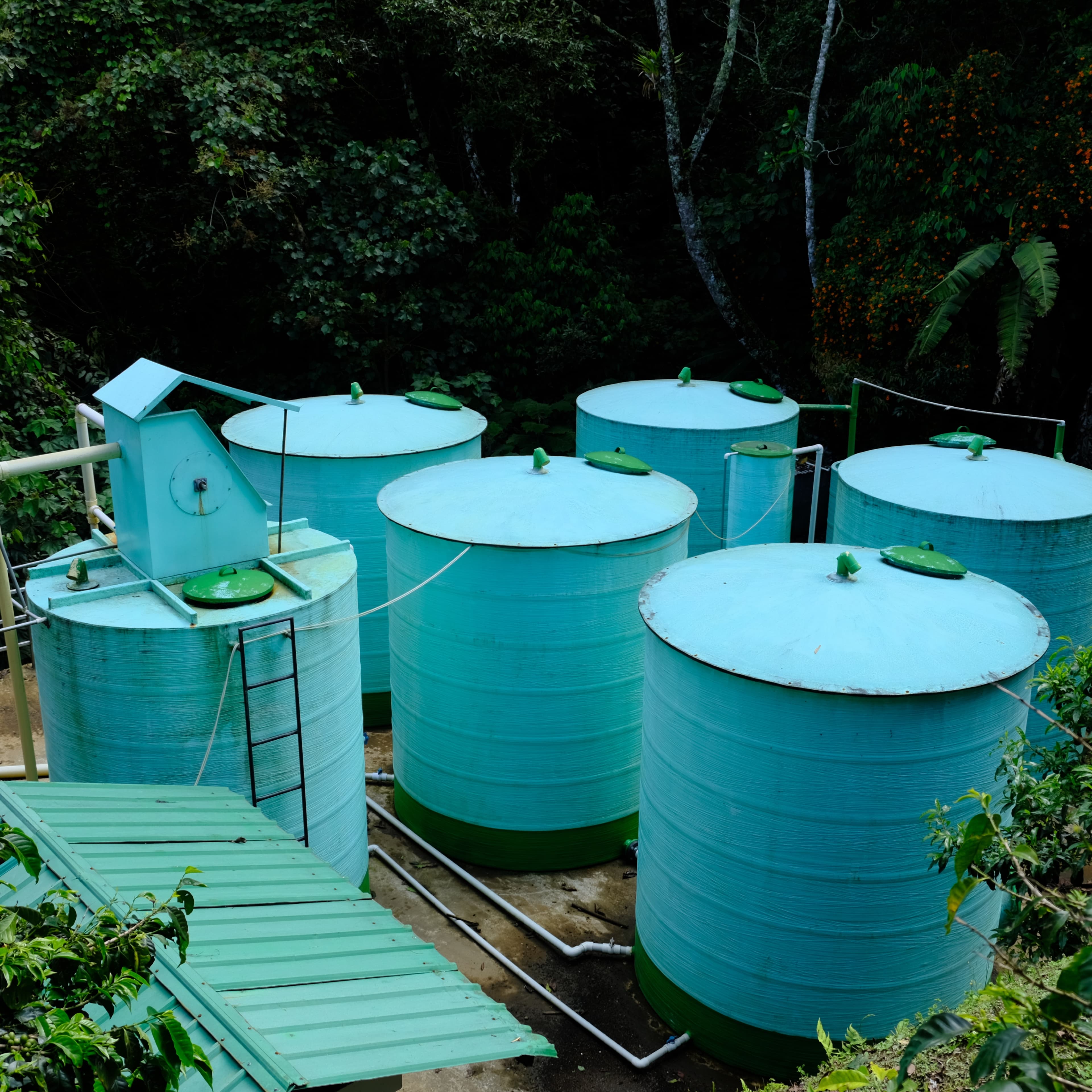
Water Treatment
A company truly committed to environmental sustainability is no longer optional — it is a responsibility. In the coffee industry, and particularly in Colombia, where water is heavily used during post-harvest processes like washing and fermentation, it is crucial to adopt practices that reduce our ecological footprint.Responsible water management means not only optimizing water use but also investing in purification systems that allow for water recycling and safe disposal. By treating and reusing water, we protect local ecosystems, reduce contamination of rivers and soils, and contribute to the long-term sustainability of coffee-growing regions.For a specialty coffee company, environmental stewardship goes hand-in-hand with quality and ethics. By prioritizing responsible water practices, we safeguard the natural resources that coffee depends on, while setting a positive example for the entire supply chain and the global communit
